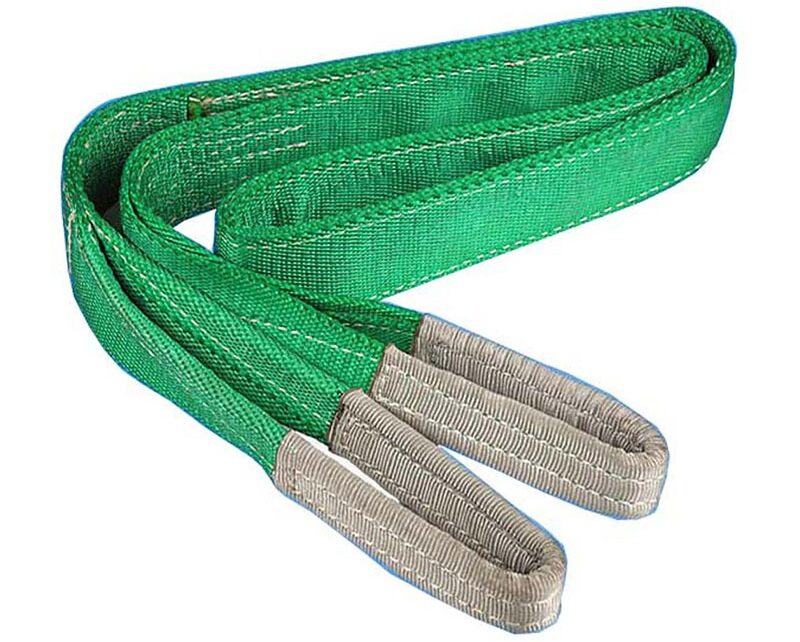While nylon slings are more durable than polyester web slings, they are not indistinguishable on the surface. In addition, they are prone to be weakened by acids and strong alkalis, while acids and other powerful chemicals easily destroy polyester slings. The difference between these two materials is mostly their texture, which may lead to a false impression of durability. On the other hand, both types of slings can handle common chemicals and concentrated sulfuric acid.
A: Nylon slings can be used for heavy-duty jobs, but they are prone to wear and tear. Their high stretch properties make them suitable for a variety of demanding jobs. However, the materials are not suited for certain environments. If you need to work with chemicals, you should consider using nylon slings. These are held to strict standards by ASME and are generally a good choice for most applications.
B: When it comes to durability, polyester web slings outperform nylon slings. Because of their lower elongation strength, they are more susceptible to wear and tear. In contrast, nylon slings are more durable and withstand more harsh conditions. This means that they can be used in conditions where the load is exposed to high levels of moisture and acid. Despite this, they are still not ideal for extreme environments.
C: The difference between polyester and nylon web slings is mostly in the flexibility and grip of the sling. Nylon is more flexible, while polyester is more durable. In general, however, polyester is more resistant to acids and is suitable for environments where the slings must be stored in the harshest conditions. They also offer greater resistance to heat, chemicals, and bleaching agents. These differences are important to know, and you must use the right sling for the job.
D: As with most other materials, nylon has superior strength and is widely used in the world. Its high flexibility makes it an excellent choice for bouncing loads. Unlike polyester, however, nylon slings are more sensitive to chemicals. As a result, they are more expensive than their nylon counterparts. But they are still superior when it comes to durability. These are also the best choices for marine-based applications, where it is critical to prevent accidents.



